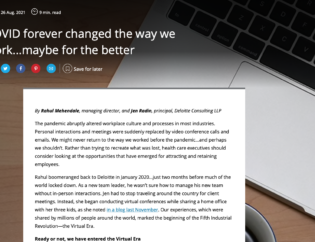
Too many people succumb to the mistaken belief that being likeable comes from natural, unteachable traits that belong only to a lucky few—the good looking, the fiercely social, and the incredibly talented. It’s easy to fall prey to this misconception. In reality, being likeable is under your control, and it’s a matter of emotional intelligence (EQ).
In a study conducted at UCLA, subjects rated over 500 descriptions of people based on their perceived significance to likeability. The top-rated descriptors had nothing to do with being gregarious, intelligent, or attractive (innate characteristics). Instead, the top descriptors were sincerity, transparency, and capable of understanding (another person).
These adjectives, and others like them, describe people who are skilled in the social side of emotional intelligence. TalentSmart research data from more than a million people shows that people who possess these skills aren’t just highly likeable; they outperform those who don’t by a large margin.
Likeability is so critical to your success at work that it can completely alter your performance. A University of Massachusetts study found that managers were willing to accept an auditor’s argument with no supporting evidence if he or she was likeable, and Jack Zenger found that just 1 in 2000 unlikeable leaders were considered effective by their colleagues.






